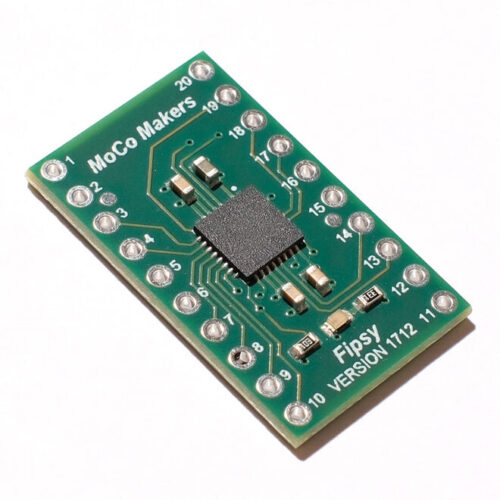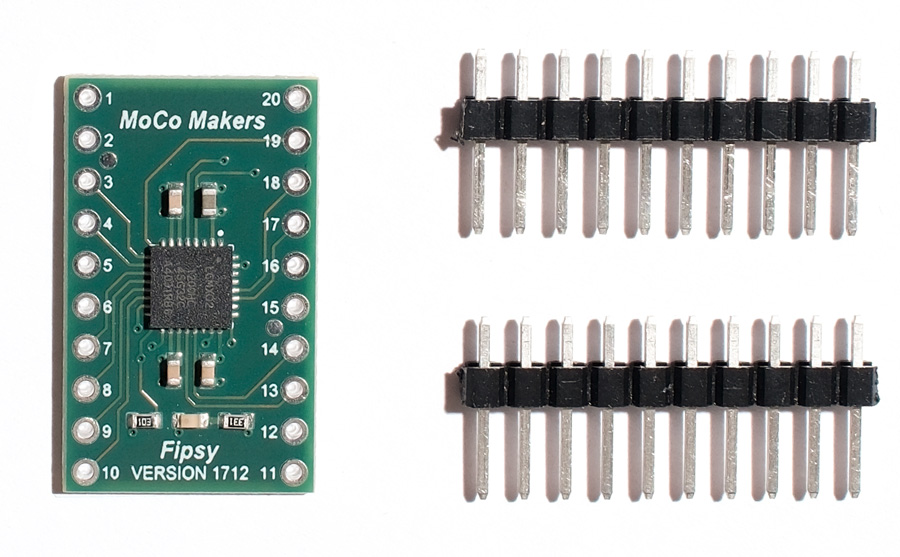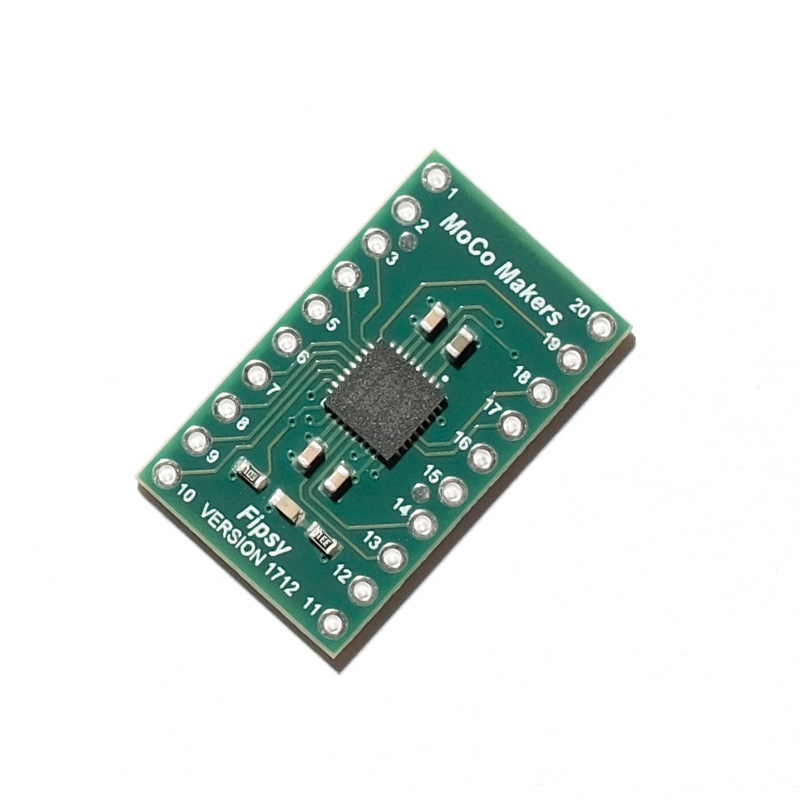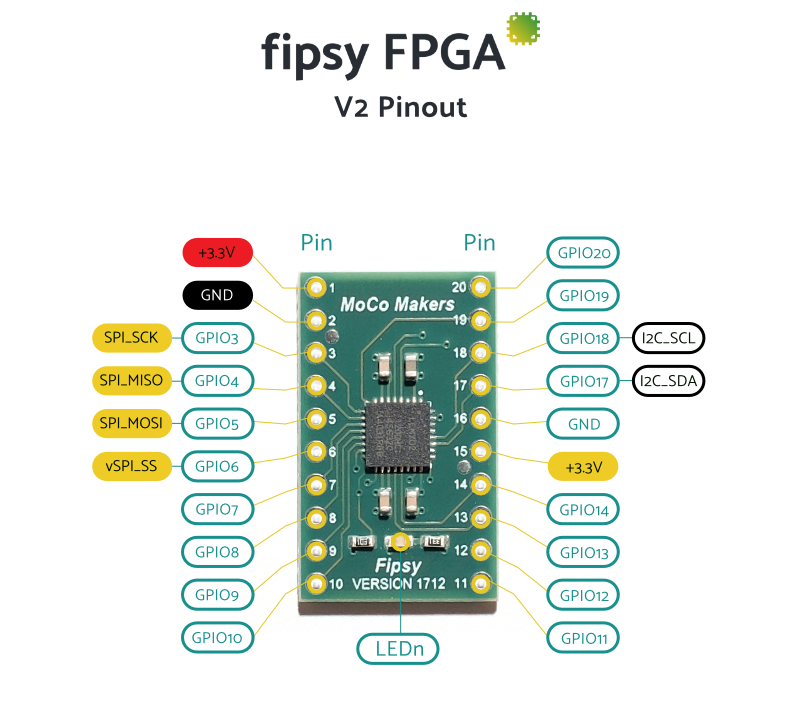A DIY Community for Tech, Science, and R&D
Join a culture of sharing, growth and collaboration. You can be a part of the maker movement!

This product is a breakout board for learning and applying FPGAs. Our DIY-friendly boards, are designed to simplify and accelerate your hardware projects. We make a point of providing guides to support your learning journey.

FPGAs, or Field Programmable Gate Arrays allow a designer to rewire logic circuits at that hardware level, on the fly. This can greatly speed up processing or allow for massively parallel operations. FPGAs are described as a system designers ‘magical black bag’, in that they can be dynamically reconfigured to match any system. However, FPGAs are a mysterious topic to most DIY tech-types. Specifically, the barriers to entry are the large learning curves, high costs, and limited open source examples.
We are building exactly the board we wished we had when we were learning about FPGAs. The Kickstarter will launch a supply of DIY-friendly FPGA boards. Funding will be reinvested in purchasing additional boards so that cheap FPGAs will be available to all future makers. MoCo Makers supports the learning process with step-by-step guides published on Instructables, Hackaday.io, our blog, and other places across the internet.

